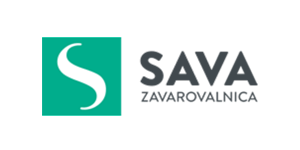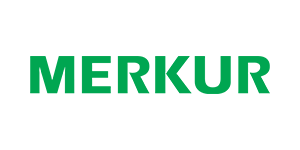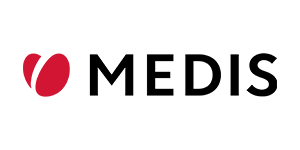Corporate LMS
Create, centralize and track every training at scale
Whether you're running 10 or 1000 training sessions (live or remote), automate the entire process from enrollment to reporting, without the complexity of traditional LMSs
Process automation
400+ off-the-shelf courses
Personalized learning paths
Trusted by teams who can’t afford to get training wrong
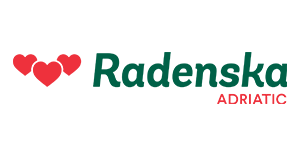
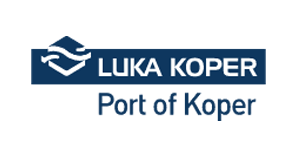

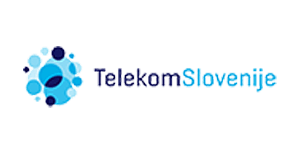




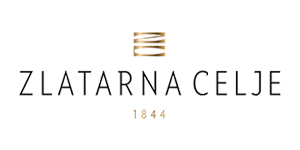
E-learning should be simple.
Not an IT exercise.
Complicated tools often create more problems than they solve.
See why companies choose us.
See why companies choose us.
Traditional LMS
Ease-of-use
user-friendly interface
learning curve
Personalized learning
personalized paths
generic content
Content creation
in minutes
months
Learner experience
interactive
static
Centralized hub
catalogs, categories
scattered
Pricing
no hidden costs
Add-on fees
Less admin, more time for learning – save up to 57% admin time.
Why do HR directors trust Smart Arena?
-
 Employee Onboarding
Employee Onboarding"Better employee engagement."
Aljaz Secnjak HR Director -
 Compliance training
Compliance training"All in one place: content, audit reports, and reminders."
Maja Rojsek HR Director -
 Employee Onboarding
Employee Onboarding"We complete compliance trainings in hours, not months."
Mojca Zakosek HR Director -
 Corporate Training
Corporate Training
"Teams pick it up quickly and use it anywhere, anytime."
Janja Polensek Davidovski HR Director -
 Sales enablement
Sales enablement"Micro-learning in any branch"
Jasmina Kuzmic Rifelj HR Director -
 COMPLIANCE
COMPLIANCE"We are compliant with regulations."
Matej Krc Senior Advisor -
 MICRO LEARNING
MICRO LEARNING"The new AI tool has me excited."
Dejan Dobersek HR Manager BSH Adriatic -
 Employee Onboarding
Employee Onboarding"Course completed, HR receives notification."
Sara and Carmen Human Resources and Business Secretary
More productive HR managers, higher performing teams
4 ways our platform helps you excel
01AI content creation
- Drop PowerPoint in, get SCROM
- Draft an outline, let AI spin up slides, quizzes and visuals
- Auto-translate to 70 languages
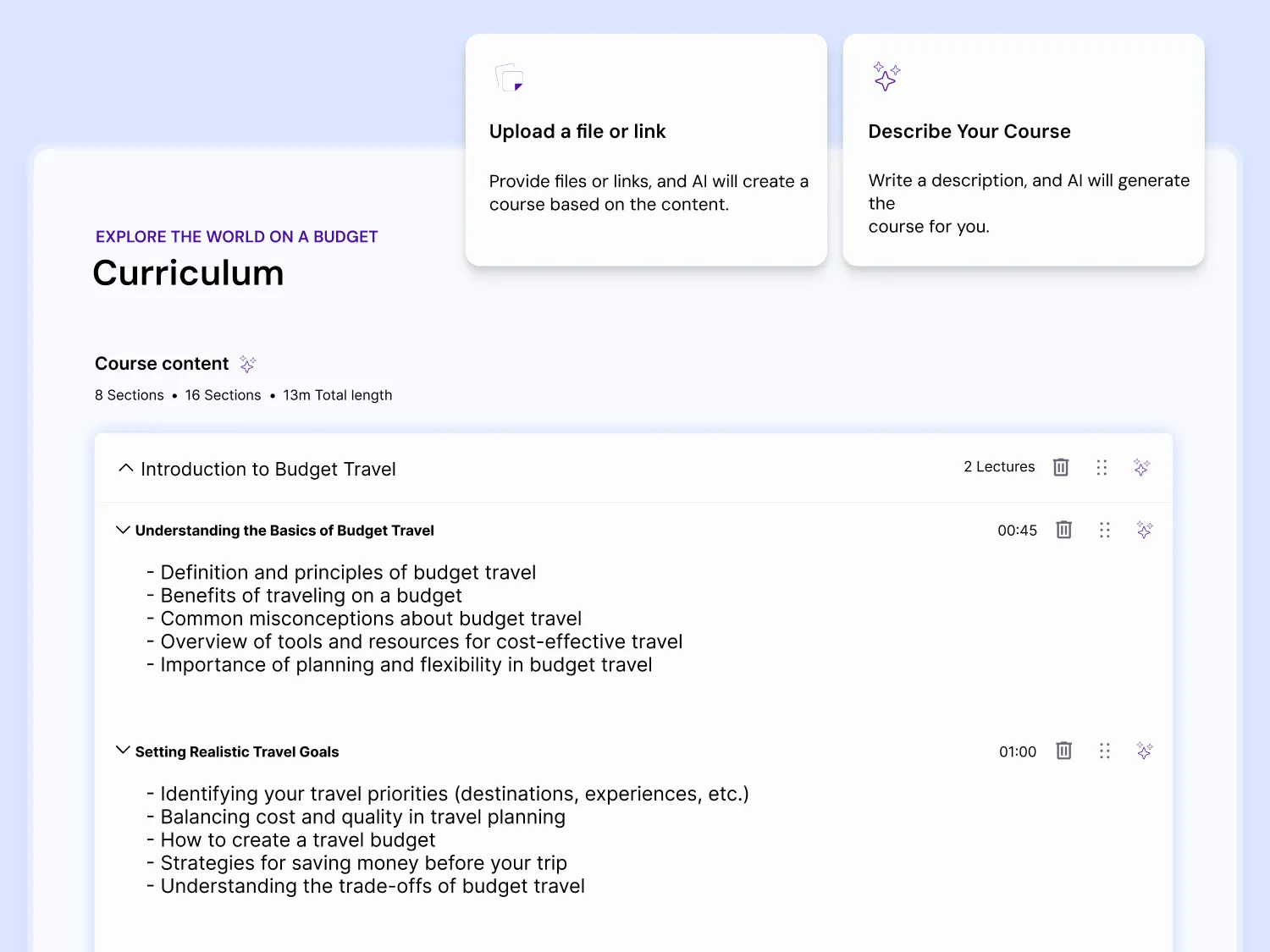
02Delivery
- Blend instructor-led trainings & e-courses
- Auto-mirror your org chart
- Add unlimited courses—both in-house and off-the-shelf.
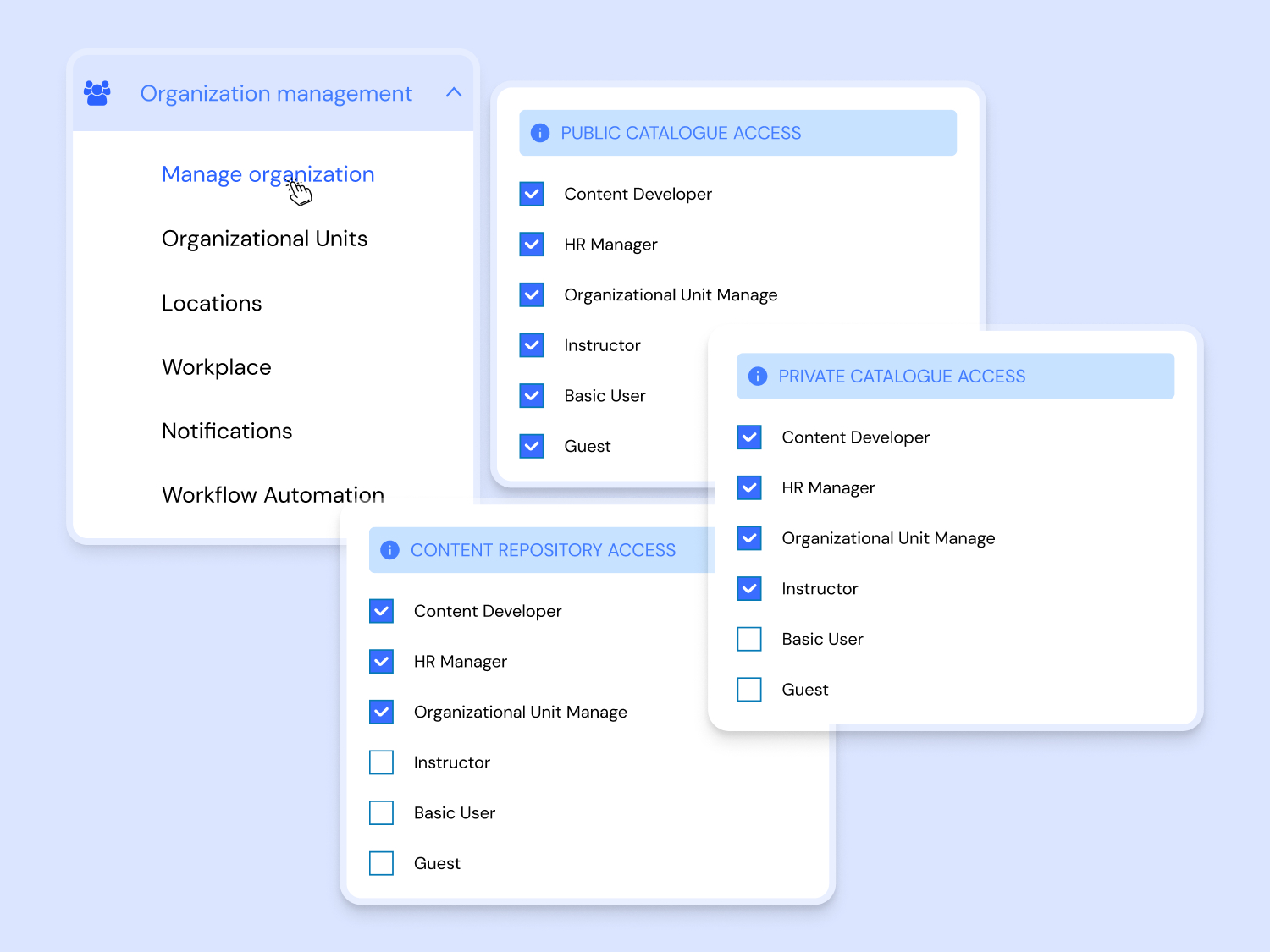
03Flows
- Auto-enrol, remind and certify; no code, no emails.
- Automate mandatory trainings
- Issue certificates (and re-assign refreshers)
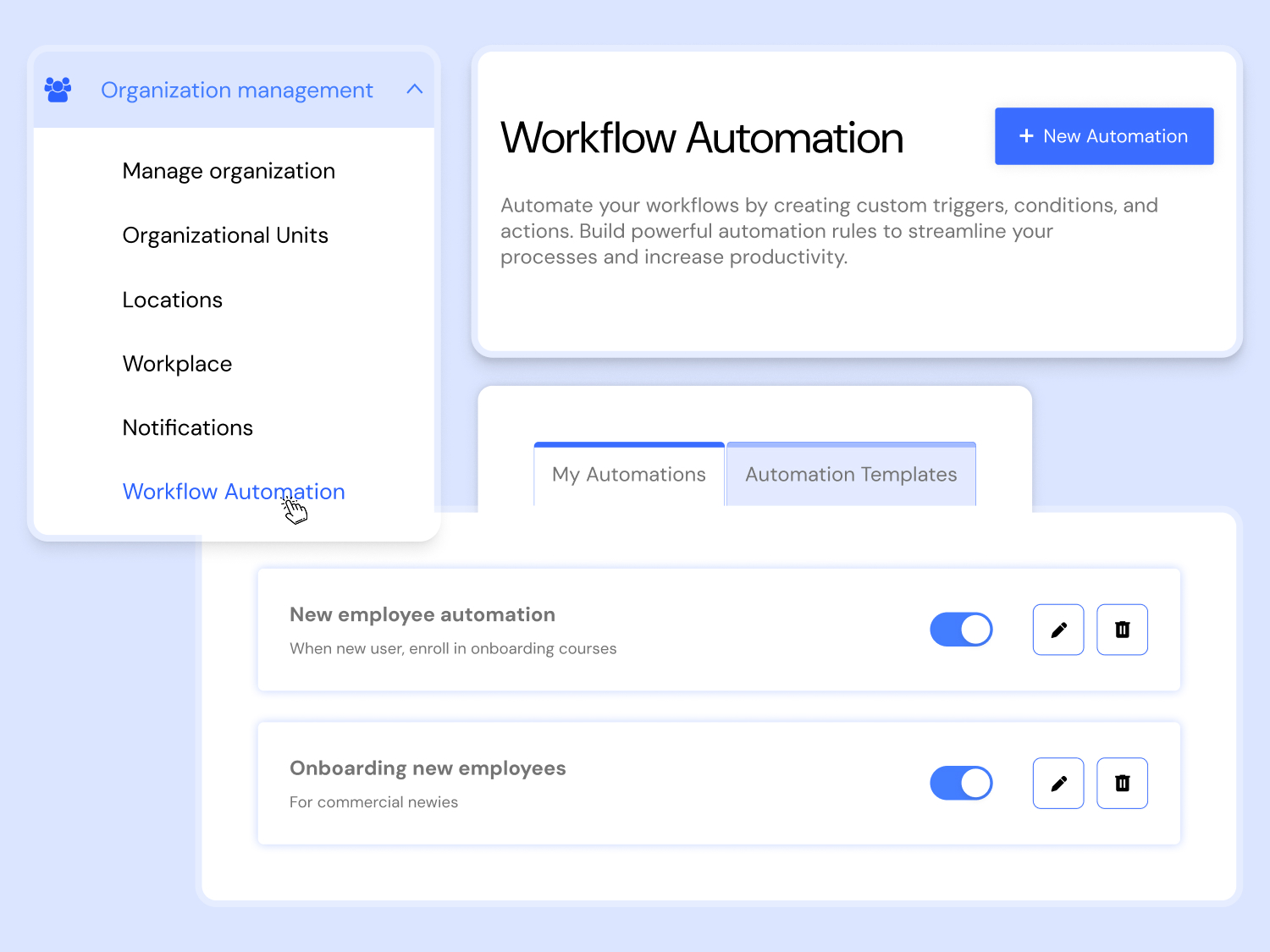
04Insights
- Real-time dashboards show completions, gaps and overdue risks
- Access in-depth metrics for a thorough analysis
- HRIS/SSO integrations tie learning data to your people metrics
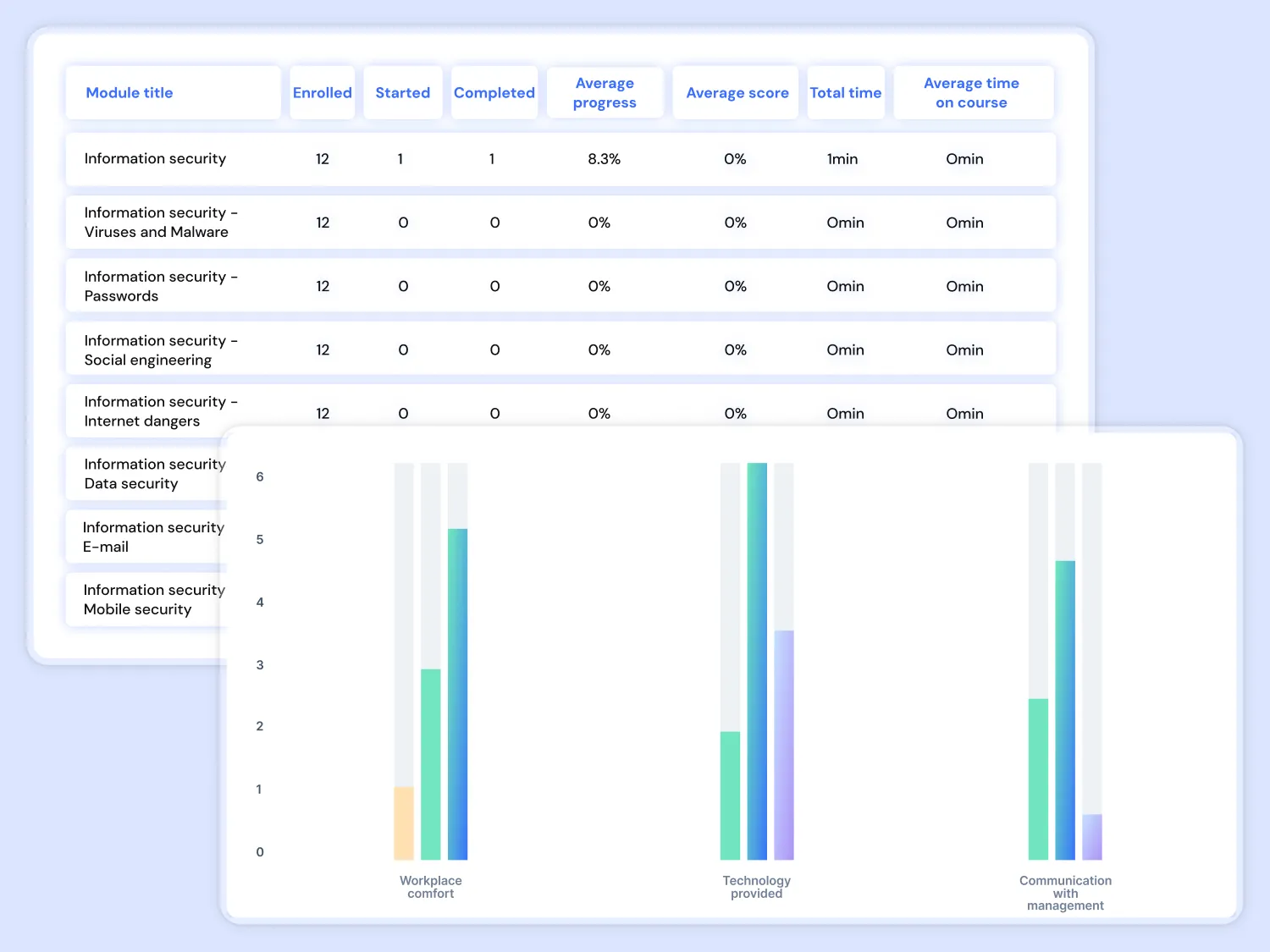




Ready to ditch clunky tools and low engagement?
See how Smart Arena streamlines training and boosts your team’s skills fast.
